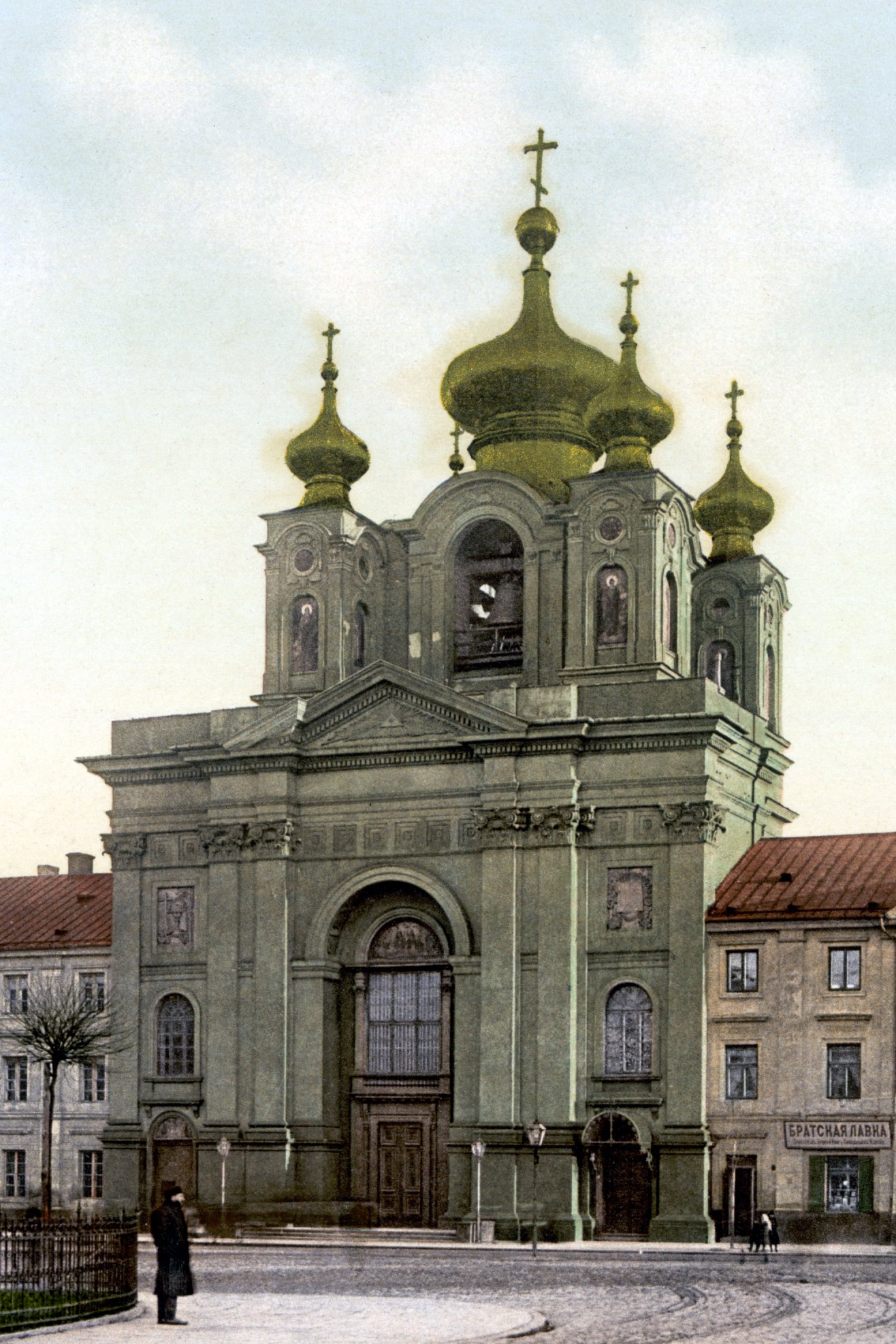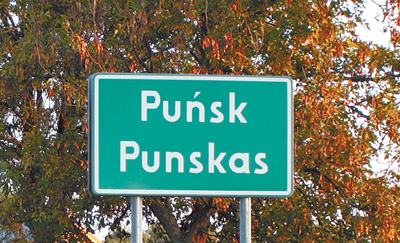History /
Destruction of Ukrainian churches in Poland in 1938 [273]
aphrodisiacThe topic is very complex. Apparently, to understand it, one has to know many elements of Poland-Ukraine relations through history. I hope Nathan's comments to which I'm responding are on topic.
The same place where 28 years earlier, in 1918 Poles did the following:
Sadly, around that time, both Poles and Ukrainians committed crimes against Jews.
On the day Polish independence was declared,anti-Jewish violence, hitherto rare in Poland, erupted throughout the country. In the eastern borderlands for the next three years numerous armies, paramilitary units, and bands of outlaws slaughtered each other as well as masses of civilians. While Jews fell victim primarily to Ukrainian forces, there were also cases of pogroms staged by Polish forces.
Source: The world reacts to the Holocaust, David S. Wyman, Charles H. Rosenzveig, published by John Hopkins University, 1996.During the first half of 1919, in his uphill fight against the Red Army, Petlura blinked at the pogroms carried out or sanctioned by his own troops or by the hetmans who were beyond his control. In his eyes the Jews were at once anti-Ukrainian and pro-bolshevik.
Source: Source: Violence and Terror in the French and Russian Revolutions, Arno J. Mayer, 2002Various forces attacked Jews in Ukraine.
The number of Jews murdered in the Ukrainian pogroms from the end of 1917 until 1920 is estimated at 75,000. Many of them were murdered in the most brutal fashion or horribly tortured. Thousands were injured, women were raped, and the meagre belongings of the poor were plundered and destroyed.
Source: A History of the Jewish people, H. Ben-Sasson, Harvard University 1976And Polish church became a vehicle of Polonization. So, what are we arguing here about?
It seems incorrect to assume that Orthodox Church was the main source of Ukrainian Nationalism in prewar Poland. In XXc (1920s-1930s), 'Ukrainian' Orthodox churches still conducted sermons in Russian, e.g. in Volhynia, contrary to Uniate ones. Furthermore, most of Ukrainians in Poland were Uniates (even in censuses, Uniates equal Ukrainians, the center of Ukrainian Nationalism in XIX/XXc was Austrian Galicia), the action did not affect them. The goal of 're-vindication' couldn't have been simply destruction of Ukrainian nationalism.
You said that it was done 'to fight Ukrainian nationalism'. Right? There is more to it.
Ukrainian Orhodox Church as a vehicle of rusification + prof. Magocsi's words: Orthodox Church in Poland
was historically associated with the tsarist government and its policy of russification ...
Polish authorities especially at the local level remained ill disposed to what was considered a 'schismatic' church with roots in Russia. Such attitudes resulted in the so-called revindication campaigns.Poland signed an agreement with Czechoslovakia in 1925 too, which it betrayed
Didn't Ukrainian Nationalists want a slice of Czechoslovakia too? Their ultimate goal was:
an independent and unified Ukrainian state that would include Polish, Soviet, Romanian, and Czechoslovak territories.Carpatho-Ukraine, also known as Subcarpathian Rus was a self-governingpart of the federal, second Czechoslovak Republic. Carpatho-Ukraine functioned as an autonomous province from October 12, 1938 to March 14, 1939
Ukrainian Nationalist historiography and populist writingshave described Carpatho-Ukraine as a “Ukrainian State” that existed in late 1938 and early 1939.
The pro-Ukrainian government that was formed in autonomous Subcarpathian Rus' on October 26, 1938, under the leadership of Avhustyn Voloshyn, came into being on instructions from Nazi German authorities in Berlin.
The governing system of Carpatho-Ukraine was greatly influenced by members of the Organization of Ukrainian Nationalists (OUN), who in turn were closely linked to Nazi Germany. The OUN intended to transform Carpatho-Ukraine into the Piedmont, or what it described as “the pure kernel” of an independent Greater Ukraine.
Source: Encyclopedia of Rusyn history and culture, Paul R. Magocsi, Ivan Ivanovich Pop, 2002.'Greater Ukraine'?
Plans of Ukrainian Nationalists (they obviously wanted to divide Czechoslovakia) were justified based on what?
According to the Austro-Hungarian census of 1910, the territory claimed by the West Ukrainian People's Republic had about 5.4 million people. Of these, 3,291,000 (approximately 60%) were Ukrainians, 1,351,000 (approximately 25%) were Poles, 660,000 (approximately 12%) were Jews.
There were only 60% Ukrainians in Ukrainian West Republic. Double standards? Medieval Kievan Rus territory?
And all the atrocities and 350 ways of killing fantasy of yours is pure BS as everything you say.
...or even pictures of Ukrainian families, presented as Polish, murdered by who knows whom in what was going in Ukraine at that time.
How do you know those are Ukrainian/not Polish families? Sources?






